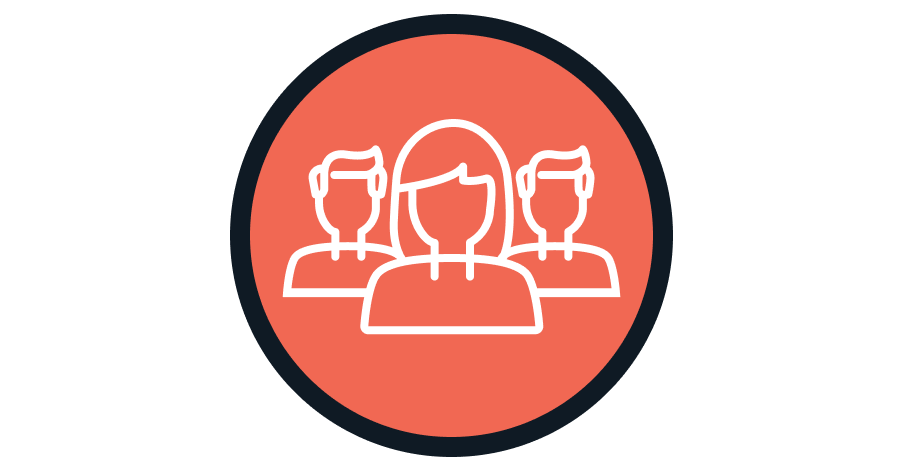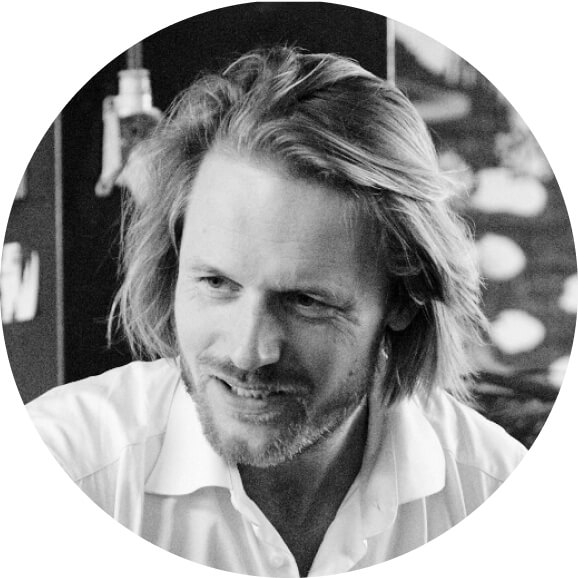Team
development
What you learn in the team development training
- At Ruwe Pit we make visible in our training what was already so tangible for many. We do this in a safe, but certainly also direct way. Usually everyone already knows what is going on.
- We do a team assessment in advance. This is how we determine the state of affairs. In the first meeting we discuss this, we deepen the request for help and we attach a concrete objective to it.
- Of course, dwell on “the past”. But it is even more important to focus on the future. After all, we have to deal with each other in this.
- We start from the idea that everyone has an important share. And that means that everyone has to get to work. Therefore are our team interventions always include personal interventions.
- On the basis of the Facet5 personality questionnaire, everyone thinks about his or her part in the situation.
The good news: everything you pay attention to grows. And this goes twice as hard for team spirit.
Topics covered are:
- Laying a (new) basis of trust.
- Learning to deal with conflict in a constructive way.
- Describe new, clear ways of working together, specifically around the request for help and sensitive subjects.
Topics covered are:
- Set clear goals and bear joint responsibility for them, even if not everyone agrees.
- Letting go of status and ego.
Who is this team development training for?
- A new project team with people from different departments.
- That is why you should consciously think about the team process when new teams arise or when you enter into a new collaboration.
- A collaboration with a new customer.
- An away day for a team that has been together for years and to which a number of new colleagues have recently joined.
- Want to learn how to convince people.
- Team development is not just for teams “where things go completely wrong”. On the contrary. Especially teams where “things are going well” are well advised to invest in the team process. “Good” is the greatest enemy of “great”.
Who is this team development
training for?

That is why you should consciously think about the team process when new teams arise or when you enter into a new collaboration
Want to learn how to convince people
Team development is not just for teams "where things go completely wrong". On the contrary. Especially teams where "things are going well" are well advised to invest in the team process. "Good" is the greatest enemy of "great"
An away day for a team that has been together for years and to which a number of new colleagues have recently joined
A collaboration with a new customer
A new project team with people from different departments
Many leaders take team dynamics for granted.
They assume that the same T-shirt is synonymous with a good team. After all, we all work towards the same goals, right?
Unfortunately, things often go differently without proper attention to the team process. It is viscous or too fleeting. No one dares to make decisions or everyone is crying out for the loudest. While no one wants to admit it, many teams are unsafe or sub-optimal.
What’s going on is that there is a lack of trust and a joint focus and responsibility. As a result of which everyone first thinks about themselves and only then about the bigger picture. There is no constructive conflict and clear decision-making processes.
Why Raw Kernel?
Everyone on the team is the best for the job. Only, the team is not functioning. It seems as if everyone is working towards the same goal, but if you look further, it does not seem to be the case. An effective team is a team that is connected, that is positive and has confidence in each other’s abilities. That is a team capable of top performance.
Do you know this situation?
Sure! In our training you will not only be taught the techniques and strategies. We also teach you why they work, when they do and when they don’t.
During our training or coaching on communication and influence you will receive very practical tools to increase your impact. You learn how to present your message clearly and appropriately for the situation. This is an extremely important skill because every situation is unique.
Our training courses are inspiring, dynamic and practical. You will be practicing within 5 minutes. Because communication and influencing you only learn by doing it. You actually have to get started with your presentation, choice of words and body language. l before you can learn about it.

